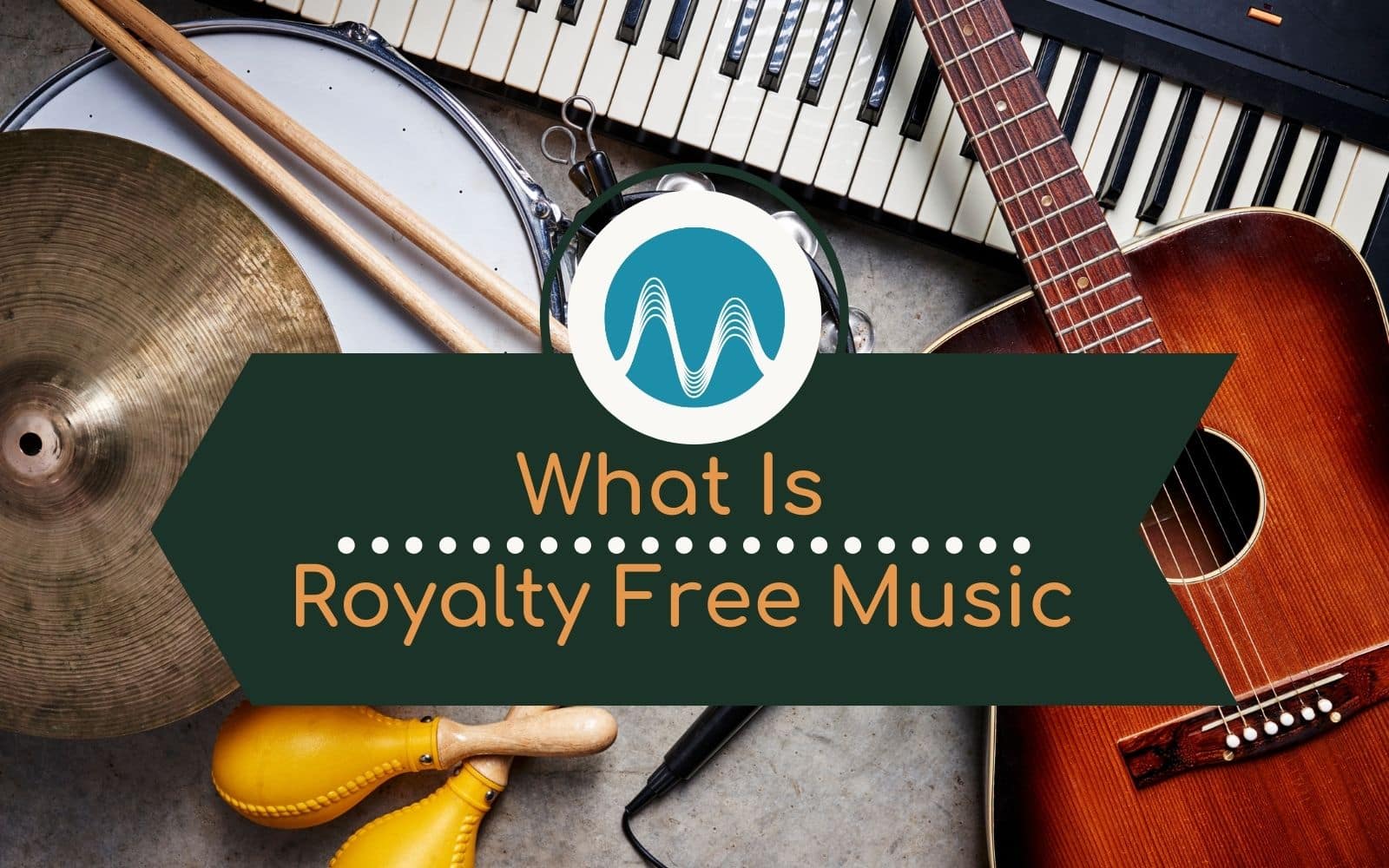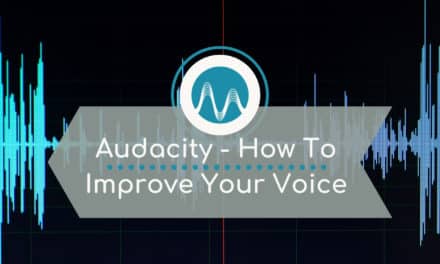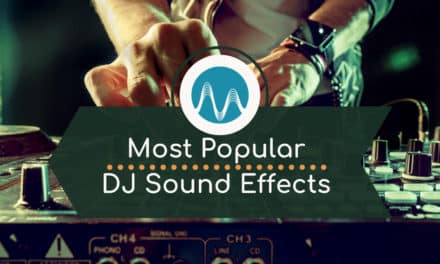You may already know that royalties grant permission for a piece of music to be played, and that this is given by someone who has control over the way the work is used. These rights usually arise under copyright law. And of course, royalties themselves are not free and have to be paid for.
But royalty free music is one of those terms bandied around without many people being able to put their finger on exactly what it means. It’s an expression that’s pretty open to misinterpretation.
Put simply, royalty-free music, sometimes also called pre-licensed music, is a kind of music licensing permitting the buyer to pay for the music license as a one-off sum, so that they can use the music for as long as they want. In the most straightforward terms, it just means that, literally, there are no royalties attached beyond the initial purchase price.
It doesn’t matter, for example, how many hits the items get if they’re used online, or how often you play the music, or for how long.
It is the opposite of rights-managed (sometimes called ‘needle-drop’ licensing, under which you pay for use of the music – or, in a nod to vinyl’s heyday, how often the ‘needle gets dropped’ on the record!).

Royalty Free Music Is Not…
- Royalty Free does not mean charge free. You will still be charged to play the music. Unless, for example, a composer is happy for you to play it in exchange for something of value. In return for the exposure and a mention in the credits – and the fees will vary.
- It’s not necessarily stock music. While a lot of royalty free music comes from a stock music library, that isn’t always the case. Many stock music libraries do offer their works on a royalty free basis, but not all. Stock music is actually hugely varied. It can refer to something that hasn’t been particularly created for a specific purpose such as a TV show or film.
- It doesn’t mean cheap or poor-quality stuff or a particular music type. The term ‘royalty free music’ encompasses a wide range of sounds and musical genres and quality. From classical to country and heavy metal. And you can license it for any price.
- Public performance royalties are not included. Those fees are usually paid to composers if their work is performed in public, for example on TV.
How Can You Legally Use Royalty Free Music
You and your staff need to understand a little about the implications of copyright law. Ensure you have the internal processes in place to get appropriate permission. That should be in place before you use any work that’s not your own composition. Ensure contracts with agencies and freelancers assign copyright for any materials they create to your business.
Most importantly, purchase any music you use from reputable sources such as Music Radio Creative, which properly licenses the way you use it. And, finally, make sure the licence you purchase is appropriate to the way you plan to use the composition.
Royalty Free vs. Copyright Free
Is it the same thing? No, it isn’t. Anyone who creates a musical work owns the copyright for it (unless they explicitly pass the copyright ownership in the written agreement), as a matter of course. It’s automatic after recording. Even if a composer has said you can use their music, that copyright still applies, as do the performing rights. And in the UK copyright lasts for 70 years from the end of the calendar year of the composer’s death.
Royalty Free Music For Your Next Project
At Music Radio Creative, we specialise in royalty free music as well as custom voice overs to help you with your bespoke audio requirements. All the Royalty Free music we sell is owned by us. We safeguard our work with robust agreements with our talent and do not work with any third parties to minimise the risk of any copyright issues that may occur. We don’t work “in bulk” and choose to work with individual talent – carefully screened and hand picked from a large pool or applicants.
Get in touch with us for a custom quote tailored to what you need. Play some great sounds safe in the knowledge that you’re on the right sound of the law.




